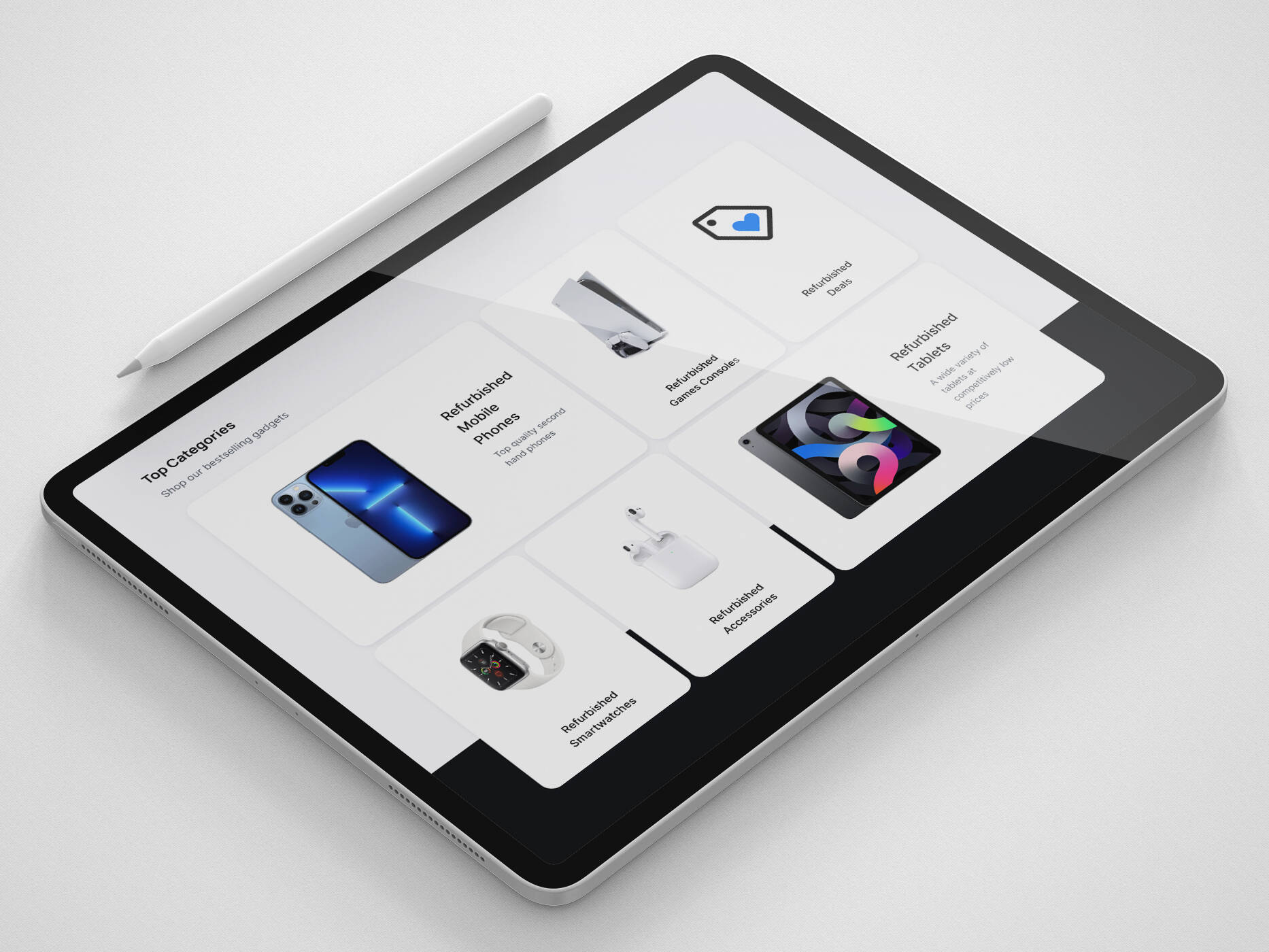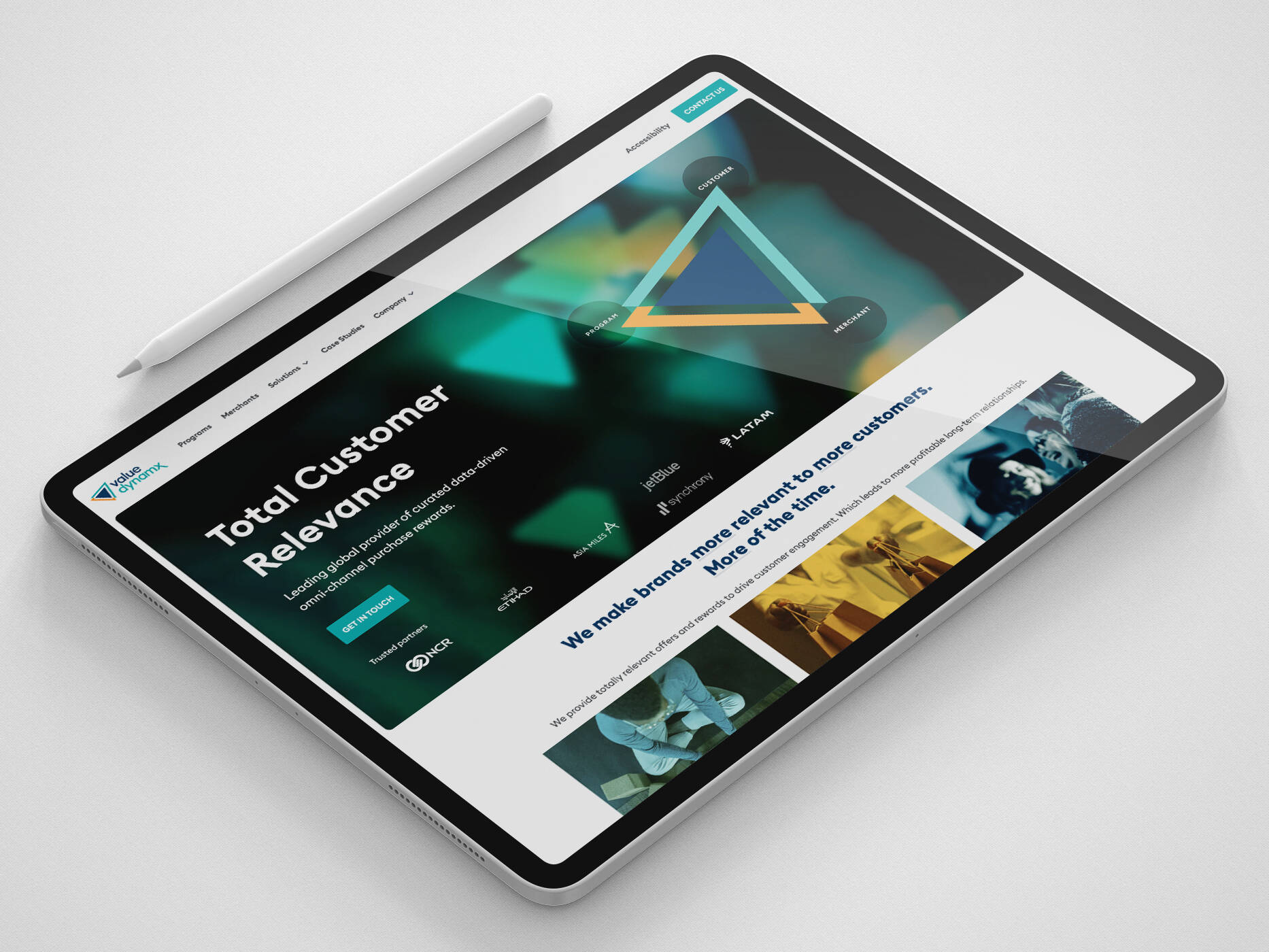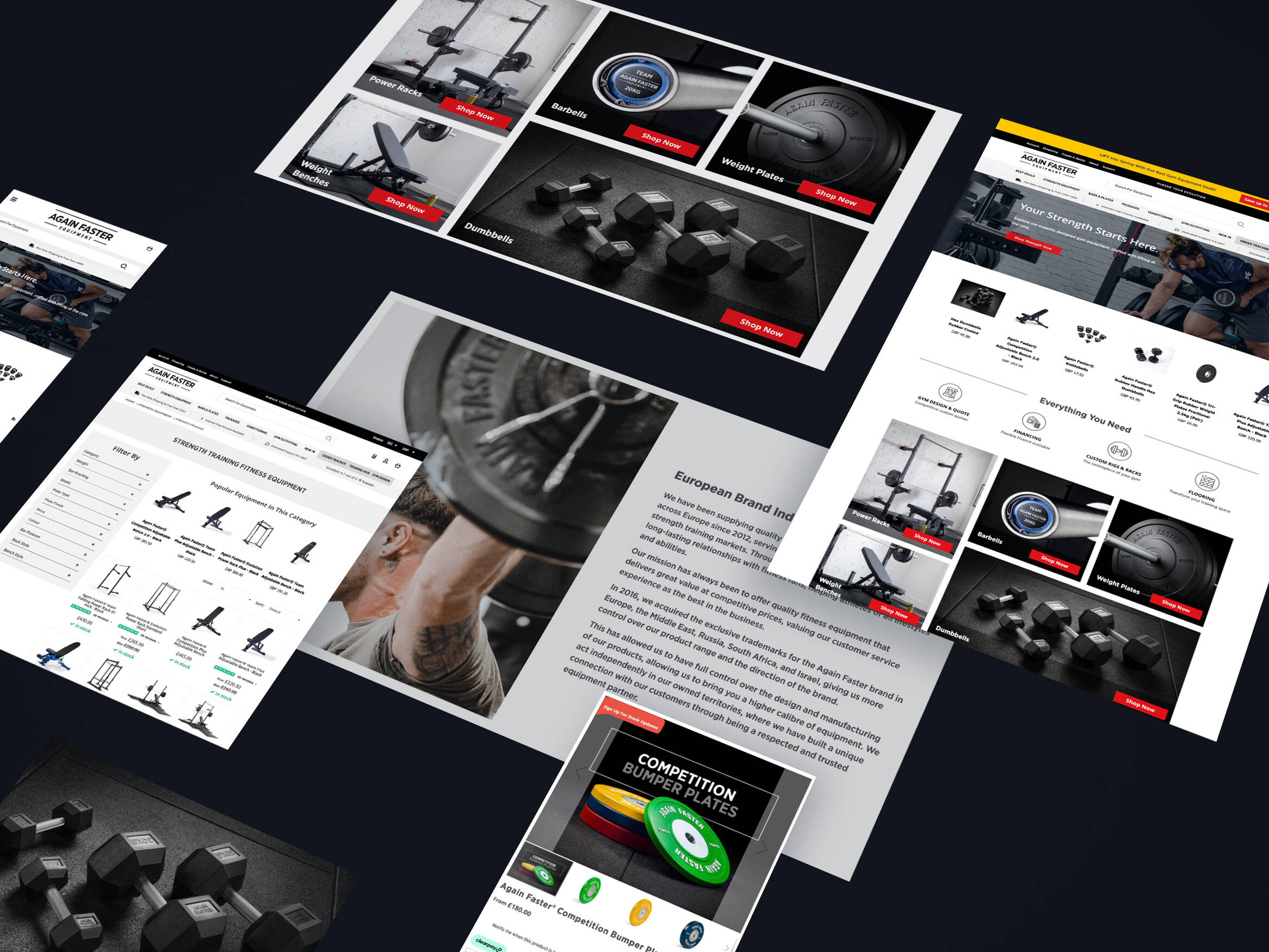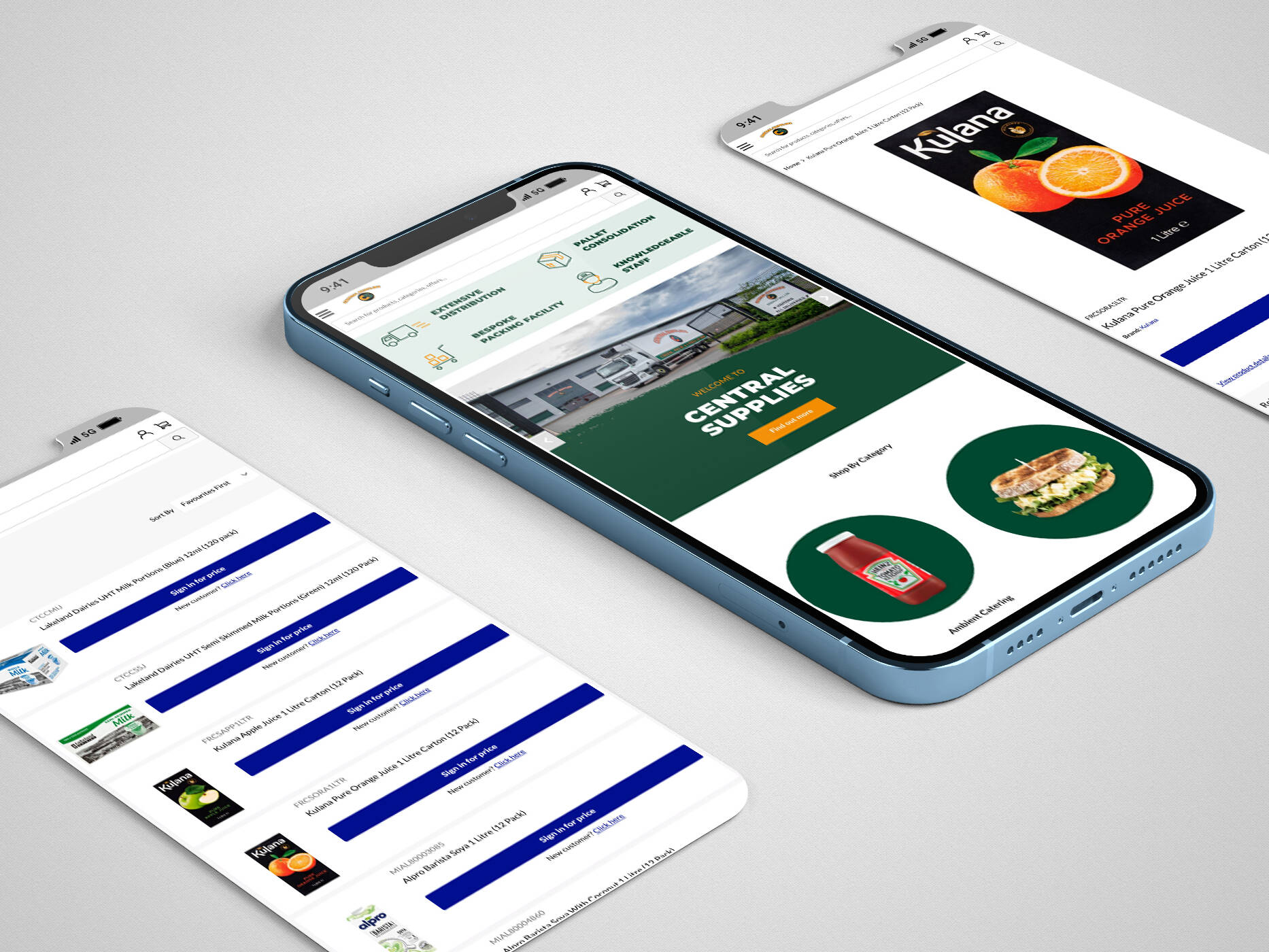Google’s Speed Update is an important algorithm update recently announced. In July 2018, if your website is slow and sluggish to load on mobile devices when the Speed Update is rolled out, your mobile ranking search engine results position (SERPs) may be affected.
The announcement was made in a blog post on the official Google Webmaster Blog.
The blog post states:
Today we’re announcing that starting in July 2018, pagespeed will be a ranking factor for mobile searches.
Site speed as a ranking factor is not something new. Google has recognised this as a ranking signal for desktops since way back in 2009. The online landscape has drastically changed since then and in 2016, internet usage tracking company Statcounter announced that mobile usage had overtaken desktop usage for the first time. Since then mobile has continued to dominate.
The Webmaster blog post continues with:
The “Speed Update,” as we’re calling it, will only affect pages that deliver the slowest experience to users and will only affect a small percentage of queries. It applies the same standard to all pages, regardless of the technology used to build the page. The intent of the search query is still a very strong signal, so a slow page may still rank highly if it has great, relevant content.
Why is Google’s Speed Update important?
Google has announced the Speed Update six months prior to the rollout to give website owners a chance to implement the appropriate changes needed ready for when the update goes live.
You should make it a priority to make the necessary changes to your website beforehand to improve how mobile-friendly your site is for users. This appears to be one of the many steps Google is taking to help ensure that businesses get their website ready for when mobile first indexing is eventually rolled out. There currently isn’t a set date for mobile first indexing to go live.
Although Google will be changing to mobile first indexing, this doesn’t mean that your desktop version of your website should be ignored. As always your desktop version is just as vitally important and creating the best user experience possible on both platforms is still a priority.
How do I check the speed of my website?
There are a number of tools out there that can tell you how fast, or slow, your website is and what you can do to improve things. One, in particular, is Google PageSpeed Insights.
By entering your website URL into PageSpeed Insights will generate a speed score for both your desktop and mobile versions of your site along with a list of improvements that can be made.
Example of PageSpeed Insights Result.

One of the main offenders of slow website speed is image size. By optimising images for the web you can greatly improve your site speed. Some suggested improvements are quite technical and you may require a web developer to implement them.
Example of suggested Improvements from PageSpeed Insights.

Could Google’s Speed Update affect my PPC Campaign?
The simple answer is yes. Google provides each of your adverts in Adwords with a Quality Score. This score is based on a number of factors including not only the keyword and advert relevance but also the landing page experience. Page speed is part of that landing page experience.
You could potentially see a Quality Score drop for your adverts if the appropriate action isn’t taken before the update. This, in turn, could mean that Google may decide to not display your adverts at all.
What can I do to prepare for Google’s Speed Update?
If you’re worried the impact of this update on your website, we can help get you up to speed. Our team of experts can support you and help make the changes necessary to your website in readiness for the Speed Update roll out in July.
Call us on 01785 876410 or email hello@iweb.co.uk to discuss your needs.
Get in touch
We know commerce, let us help you improve customer experience, increase conversion rates, and make that digital change.
- hello@iweb.co.uk

















